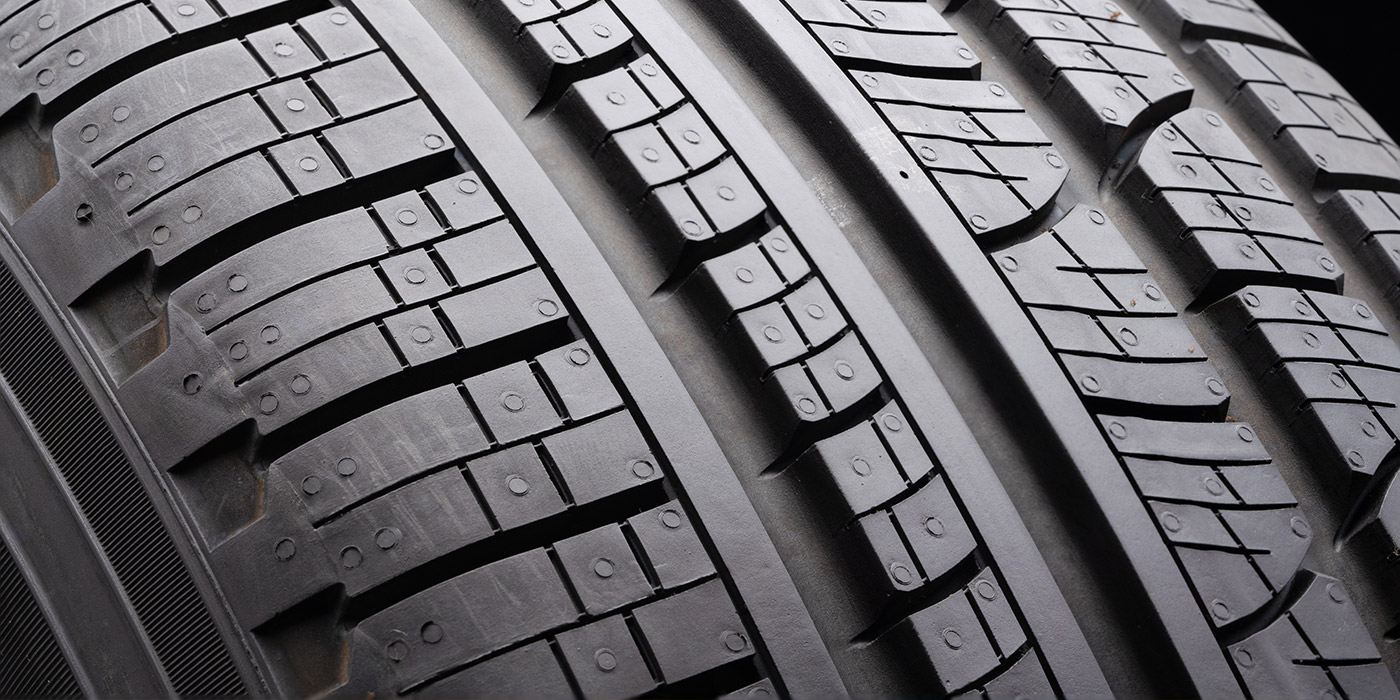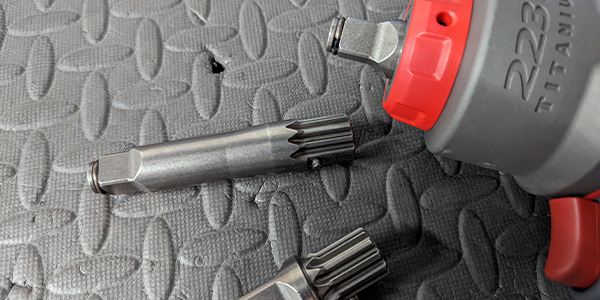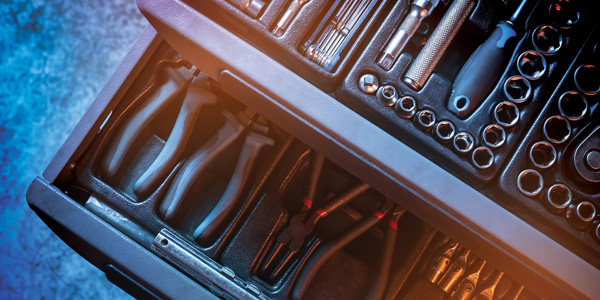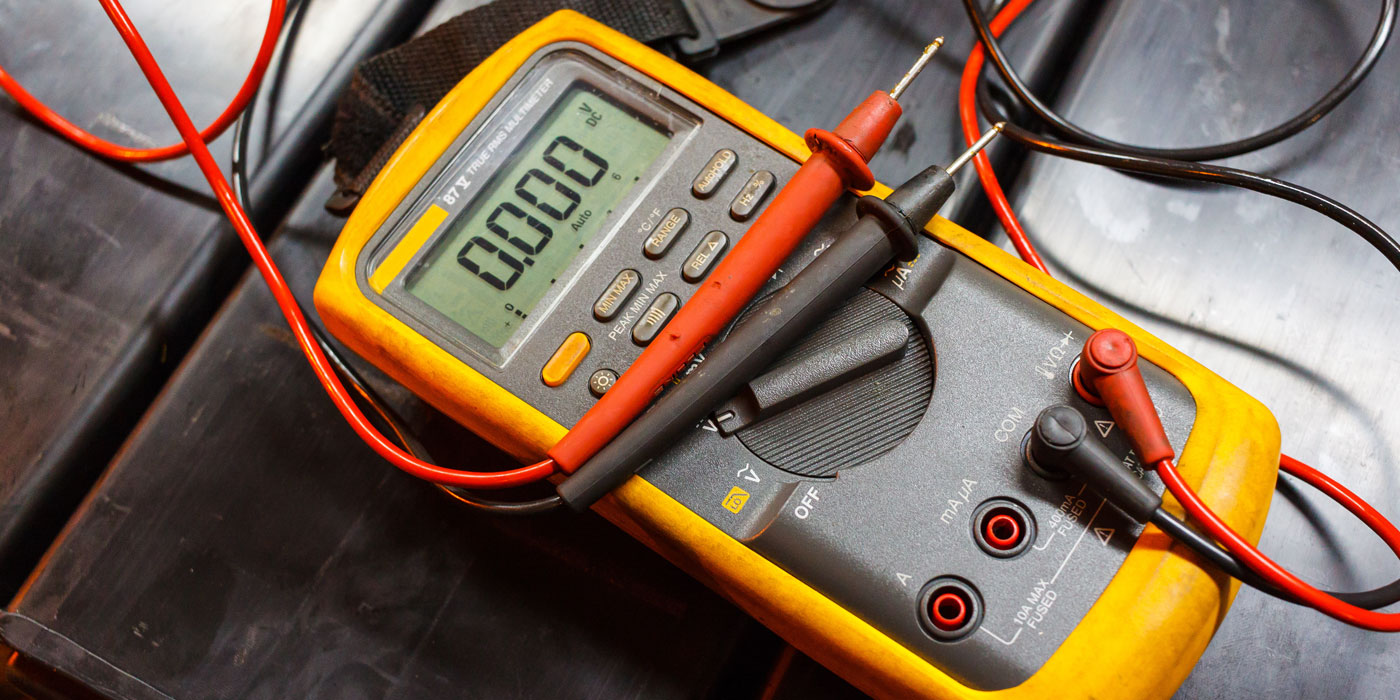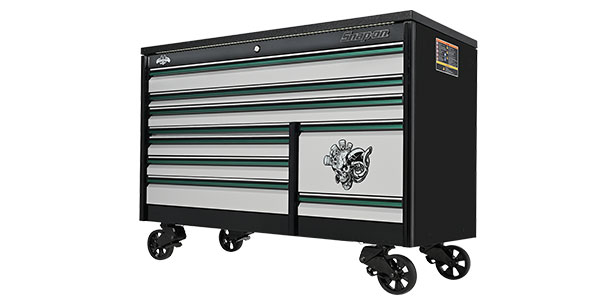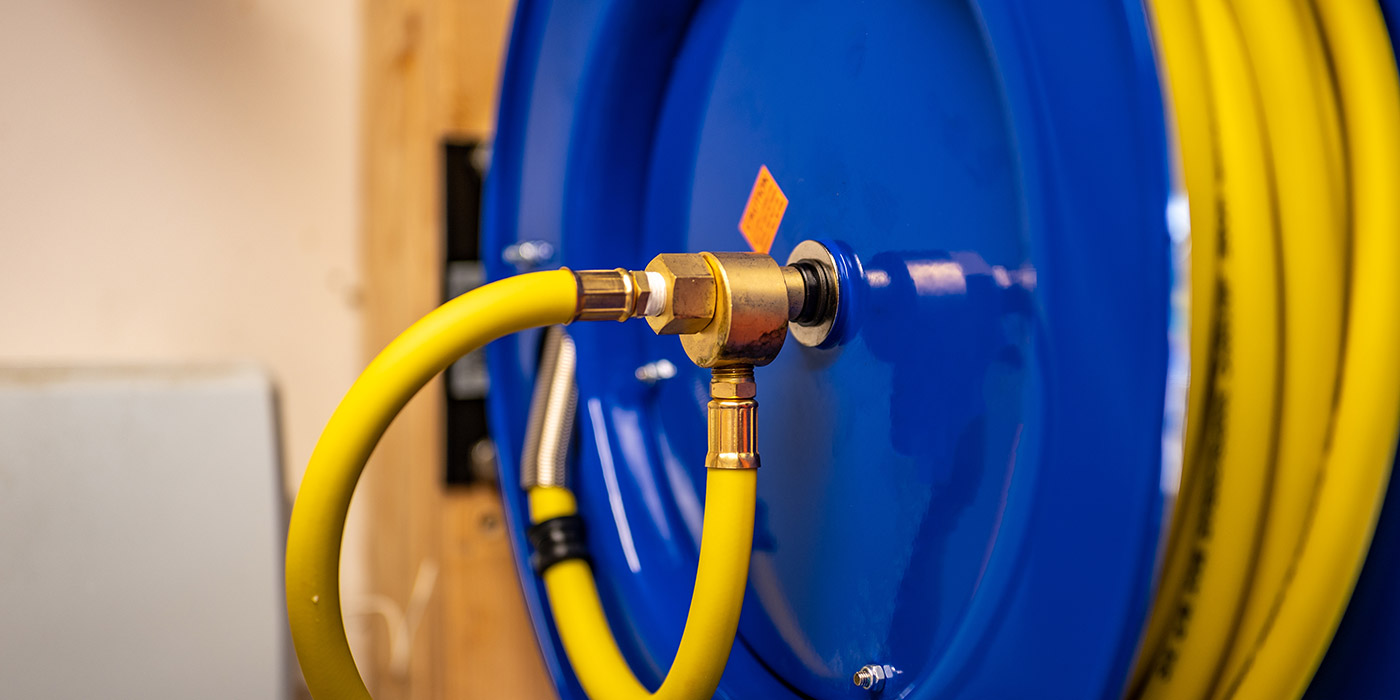 Adapted from Karl Kirschenman’s article in BodyShop Business.
Adapted from Karl Kirschenman’s article in BodyShop Business.
Routine maintenance makes a huge difference in lifecycle expectancies of our vehicles. The same is true with our tools and equipment. But even with the best maintenance schedules, you need to replace your capital investments at some point. With a substantial amount of second-, third- and fourth-generation repair shops out there, there are a number of items in your shop’s infrastructure that we don’t think about until they suddenly stop working. I can think of several such items, but one that sticks out is your air compressor.
Technology
Air compressors are literally the energy behind our shops’ most vital systems. There have been numerous changes to the air compressor industry since your grandfather put in that old piston air compressor back in 1963.
Let’s talk about grandpa’s compressor in the back of the shop for just a second. Chances are he installed a piston type or reciprocating air compressor many years ago and it has been chugging away ever since. These machines are extremely reliable, have low maintenance costs, consume significant amounts of energy and are very loud. For some of us, the nicest time of the day is when we shut everything down and that air compressor finally quiets down. The upside is that if you properly maintain them, they’ll last for years and even decades.
As you probably expected, there are newer air compressor technologies out there that are designed to work in our shops’ harsh environments. Two categories of air compressors that are typically used within repair facilities are piston or reciprocating and rotary. Within the rotary category, there are rotary screw, rotary scroll and rotary vane.
Many of us use oil-lubricated air compressors, which carry over a small amount of oil into the compressed air. Depending on the air compressor technology, the amount of oil in your compressed air could become a concern if you’re a shop that’s looking to eliminate as many opportunities for defects as possible. As the older piston air compressors age, their piston rings wear as well. As those tolerances widen, you should expect to see more oil particles being delivered to your shop.
Air compressor manufacturers now have options that include oil-free air compressors. This equipment utilizes coated internal parts, sealed bearings and other technology to remove all traces of oil from the system. Oil-free air compressors are used in the medical, food services and other industries that have a need for oil-free air streams.
Adequate storage of clean, dry, compressed air is key to meeting those times of high demand. Air storage is much less expensive than purchasing an air compressor with more horsepower. Take into account the duty cycles of the air compressors. Some air compressor technologies like to be run more frequently and others less frequently. Regardless, don’t design a system to provide 150 psi if all you truly need is 100 psi. This is where getting your equipment representative involved to help will prove invaluable. Designing a solid system will save you energy, maintenance cycles, and wear and tear on existing tools and allow for flexibility moving forward.
Finally, if you decide that a piston air compressor is what you truly need, you’ll want to control the noise level from the air compressor as much as possible. The quieter you can design your shop, the less noise fatigue your staff will suffer throughout the day. Remember, rotary-style compressors run much quieter than piston types. Some of these systems are quieter than your new dishwasher in your home. Of course, isolating the air compressor from the rest of the shop is another way to control sound emissions.
Warranties and Maintenance
Warranties range from one to 10 years and everything in between on a new air compressor system. Ask about the warranty up front before the purchase, not after you’ve signed the paperwork and it has been delivered. Be aware of extended warranties that are tied to maintenance contracts. I’m not opposed to maintenance contracts, just go into your negotiations with “out-the-door pricing” in mind that includes the maintenance contract. Also, not everything is covered under the manufacturer warranty, especially consumables, so just be aware and have non-covered items listed for your reference.
Even if your warranty is not directly tied to a service contract, you need to get the air compressor and the rest of your equipment on regular service schedules. Servicing everything regularly will ensure your equipment continues to operate at peak performance. Don’t forget that best practices state you should be taking a look at your air compressor weekly to check for any maintenance issues and to look it over. The last thing you want is to be looking for a service tech to come out and fix your compressor on the busiest day your shop has seen in years.
Contributors to this article include Michael Camber – marketing services manager, Kaeser Compressors; Matt Smith – national sales director, FS Curtis; Bill Kennedy – sales and products manager, Mattei Compressors; Andrew Penrod – product marketing manager, Atlas Copco Compressors, LLC.



